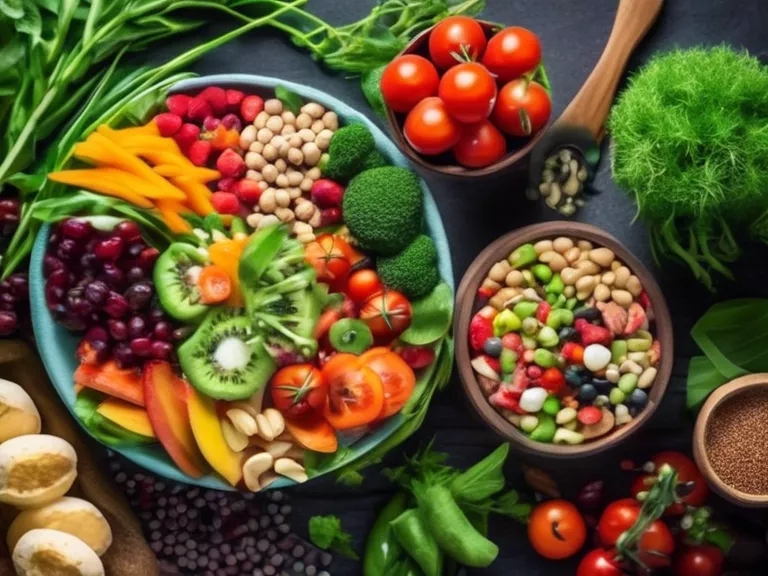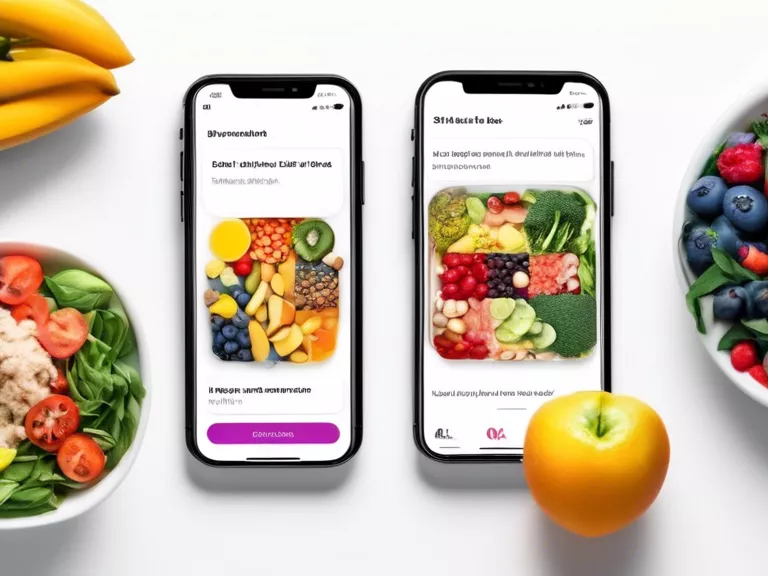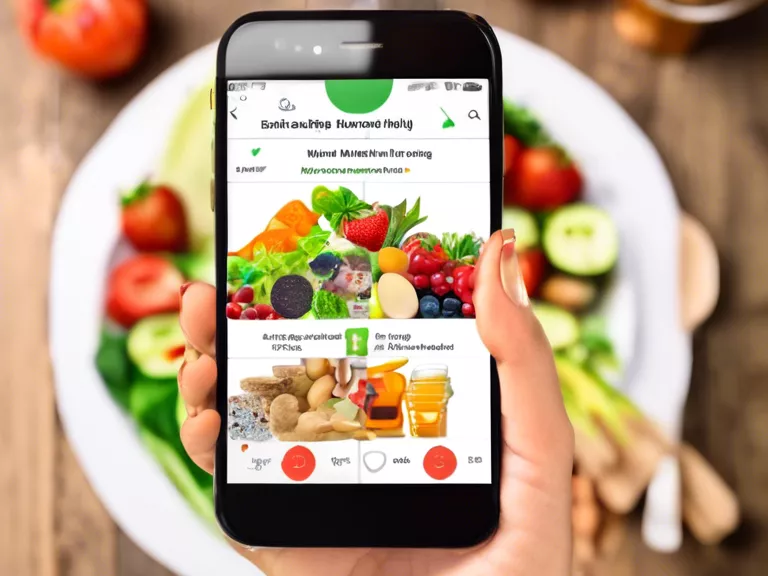
Transitioning to a plant-based diet can be a healthy choice for many people, but it's essential to ensure you're still getting all of the essential nutrients your body needs. Here are some of the best ways to transition to a plant-based diet without losing those important nutrients.
Gradual Transition: Rather than making a sudden switch, gradually incorporate more plant-based foods into your diet. Start with one meatless meal a day and then slowly increase that number over time. This way, your body has a chance to adjust to the new way of eating.
Focus on Variety: It's important to include a variety of fruits, vegetables, whole grains, legumes, nuts, and seeds in your diet to ensure you're getting all of the essential nutrients. Different plant foods provide different nutrients, so the more variety you have in your diet, the better.
Protein Sources: While many people worry about getting enough protein on a plant-based diet, there are plenty of plant-based protein sources available. Include foods like tofu, tempeh, legumes, nuts, seeds, and whole grains in your diet to ensure you're getting an adequate amount of protein.
Iron-Rich Foods: Iron is important for overall health, and it's essential to make sure you're getting enough of it in a plant-based diet. Include iron-rich foods like lentils, beans, tofu, spinach, and quinoa in your meals to ensure you're meeting your daily needs.
B12 Supplementation: Vitamin B12 is naturally found in animal products, so it's essential for those on a plant-based diet to supplement with B12 to ensure they're getting enough of this important nutrient. B12 is crucial for red blood cell formation and neurological function.
By following these tips, you can successfully transition to a plant-based diet without sacrificing essential nutrients. Remember that it's always a good idea to consult with a healthcare provider or nutritionist before making any major changes to your diet to ensure you're meeting all of your nutritional needs.



